
Smartphones have revolutionized the world in so many different respects, from the ease of communication they provide to the applications we can download, which have turned our phones into multi-functional tools. And this technology is continuously improving too! So, although smartphones facilitate your needs extensively, there are probably some extremely useful things you don't know much about, such as taking a screenshot with your phone, having text displayed larger, and even read out to you.
The following tips come with instructions on how to use them on both Android phones and iPhones: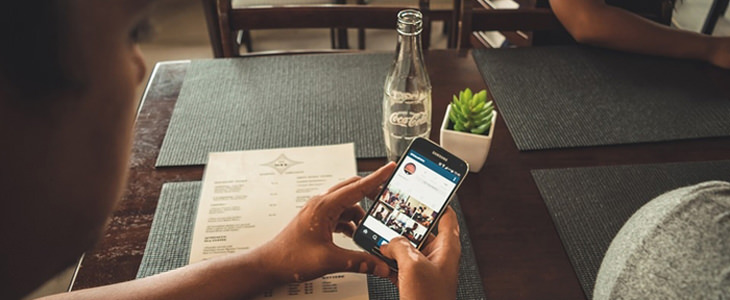
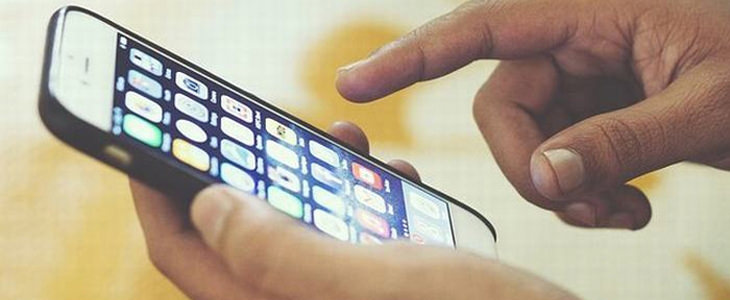
If you're getting bothersome phone calls or texts, your smartphone gives you the possibility to block them from reaching your phone. This is done through a simple setting you can change whenever you like.
For calls:
For texts:
Editing blocked contacts:

The default way of unlocking a phone from the lock screen is by using a 4-digit PIN. As long as it is not super easy and obvious, this is a pretty safe system. But to make it even more secure, you can change this to a set string of characters of your choice, making it more like a password.
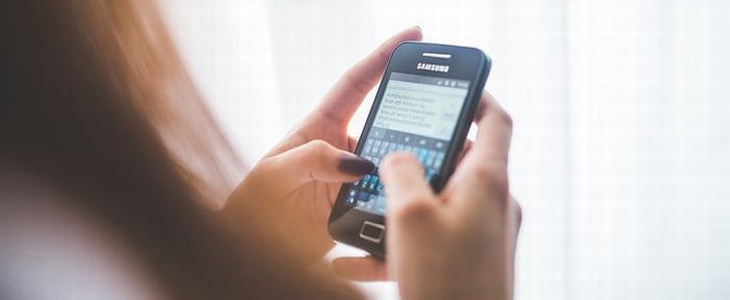
Sometimes, it can be difficult to read what's on your phone's screen, especially if your phone is quite small. Resolve this issue by setting the font size of your phone to a larger or bolder one, so it is easier for you to read.
Certain smartphones even offer the option of setting the size to Huge, which is bigger than Large.

Did you know your smartphone is also able to read things out to you? When you don't feel like reading, you are not in a position to do so, or perhaps have sight problems, this feature might come in handy to you.
You can also enable another setting to have your phone tell you who is calling or messaging you, at the moment a call or message is received. To activate it, go to Settings and turn on Hands-free mode.
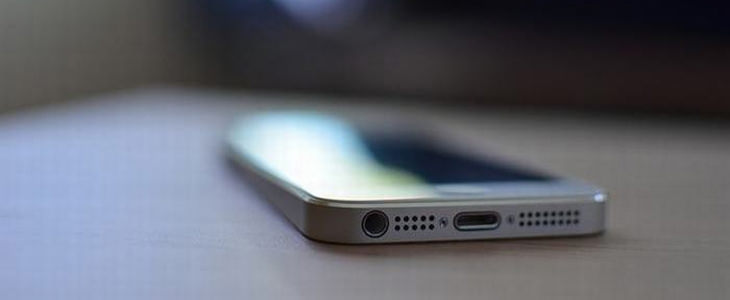
With your smartphone, you can not only customize the way your device rings when it's in normal mode - you can even customize the way it vibrates when it's on silent. You can do this by choosing specific vibration patterns through the setting provided by your phone.
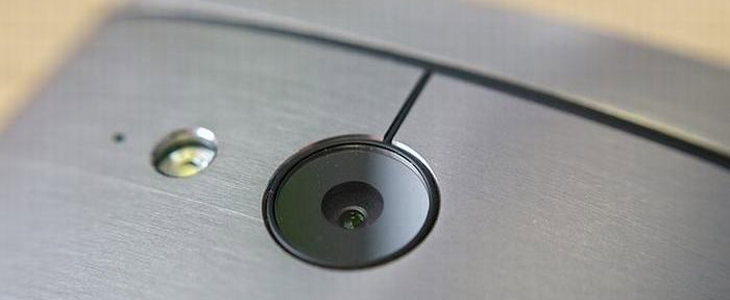
Instead of using vibrate, your smartphone gives you the option to set the camera's LED light to flash every time a notification comes in. This way, in quiet places, you can be notified of your phone calls, messages, and app notifications efficiently without a sound.
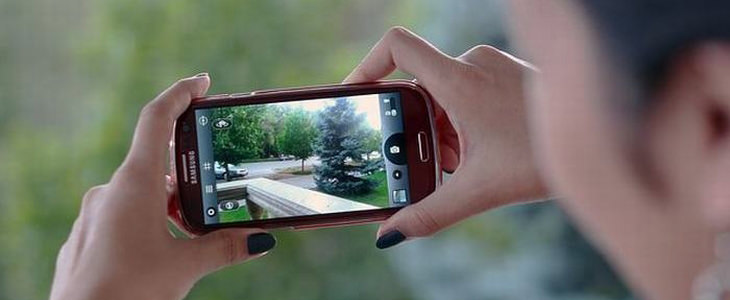
With larger devices and touch screens, taking pictures can sometimes be a bit difficult if you're using the shutter button on the screen, especially when you're using the rear camera of the phone. Instead of tapping on the screen to capture the picture, iPhones and Android phones both have a much more comfortable way of doing this.
Alternatively, open the Camera app and tap Settings. Scroll down to Voice Control and turn it on. You will now be able to take photos on saying the commands "Capture", "Shoot", "Smile" and "Cheese".

When you're taking photos of moving objects, such as kids, animals, cars, etc., you might find this feature to be useful. You can now take several photos at one go, to make sure you have a selection of photos to choose the best from.
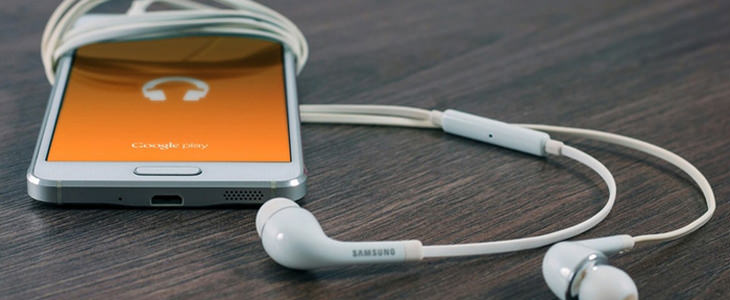
Some of us use our phone's music to accompany our working on a task, or even in bed before going to sleep. The problem is, your phone's battery is bound to be drained quickly while playing, especially if it ends up unnecessarily playing for the rest of the night if you fall asleep. Avoid this from happening by setting a timer for your music player.